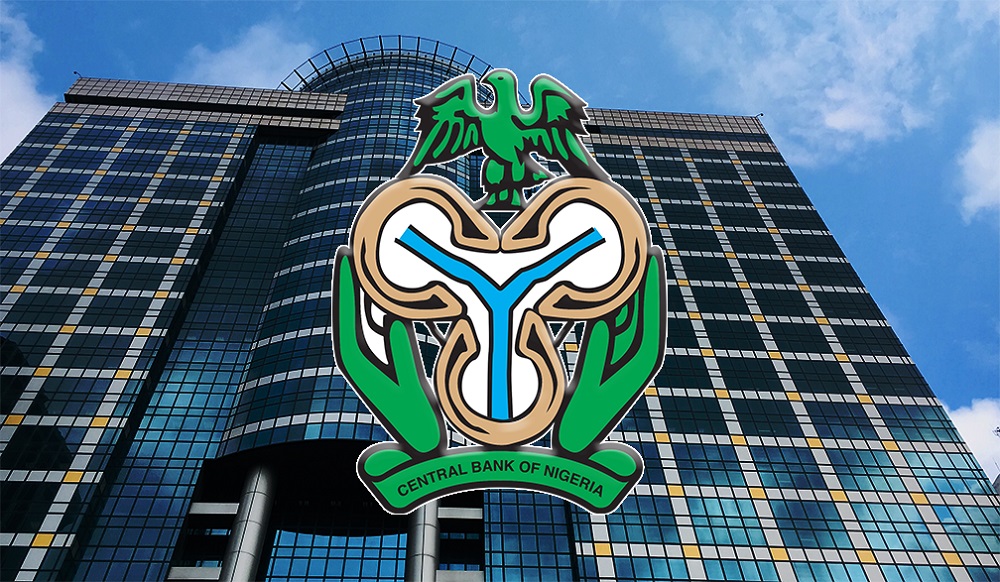Copyright thenationonlineng

CBN’s new rules on ATM failed transactions are good for confidence-building in the system In new draft guidelines for the operation of Automated Teller Machines (ATMs) in the country, the Central Bank of Nigeria (CBN), has proposed deadlines for banks to refund customers who experience failed ATM transactions. For customers who use ATMs from banks that are not their own and the transaction fails, the banks are now mandated to pay the refund within 48 hours. On the other hand, customers who experience failed transactions and are debited while using ATMs from their own banks are to be refunded immediately or such reimbursement processed manually and paid within 24 hours. This directive addresses inconveniences suffered and resultant grievances expressed by large numbers of affected customers ever since electronic transactions assumed a wider dimension in the country’s financial landscape. This is another example of the responsiveness of the apex bank under the leadership of Mr Olayemi Cardoso, to the protection of consumer rights and interests from the previous widespread institutional abuses in the financial sector. Earlier, the CBN had penalised banks whose ATMs dispensed cash to Point of Service (POS) operators to the detriment of bank customers who were unable to access funds through ATM transactions. According to the CBN, the new measures are part of efforts to strengthen consumer protection and stem the erosion of public confidence in the banking sector by modernising Nigeria’s payment infrastructure and aligning local banking practices with global standards. The draft document containing the proposed guidelines issued by the bank’s payments system policy department, has been circulated to banks, payment service providers ,card schemes and independent ATM operators, with expected feedback from industry stakeholders by October 31. We urge the CBN to ensure that the draft guidelines are speedily finalised and come into effect without delay. Some other salutary aspects of the new guidelines are the requirements that banks and ATM operators must install advanced systems to automatically reverse failed or partial transactions to eliminate the need for filing of manual complaints by customers, as well as that institutions in possession of funds from failed transactions reconcile and return those balances expeditiously. Furthermore, the new guidelines make it mandatory for ATMs to be equipped with anti-skimming technology, CCTV surveillance as well as being installed in enclosed or properly lit locations. The machines must also display functional help desk contact information, maintain detailed audit logs and comply with Payment Card Industry Data Security Standards. In addition to mandating the installation of backup power systems, the new rules require that only clean banknotes must be dispensed; ATMs must dispense cash before returning cards to customers; receipts must be issued for all transactions except balance inquiries; ensure the display of clear transaction fees and allow free PIN changes while two per cent of ATMs must have specialised features to assist visually impaired users. Read Also: Fresh four-year mandate to lead Nigerian rugby excites Are Stressing that institutions that violate the new standards will face sanctions, the CBN has promised to enforce compliance through routine audits, physical inspections and monthly reporting by ATM operators of their current deployments and locations. The efficacy of enforcement of the new guidelines will no doubt be enhanced by the promise of the Federal Competition and Consumer Protection Commission (FCCPC) to collaborate with the CBN “to establish a monitoring framework that tracks banks’s adherence to the 48-hour refund rule and ensures prompt redress when violations occur”. We identify with the call by the Executive Vice-Chairman and Chief Executive Officer of the FCCPC, Mr Tunji Bello, for the prompt adoption and implementation of the CBN proposal as “Timely adoption would reinforce accountability within the banking sector and demonstrate a shared regulatory commitment to fairness, efficiency and consumer confidence”. Indeed, it is noteworthy that the proposed guidelines were informed by the FCCPC’s Consumer Complaints Data Report published in September 2025. According to the FCCPC, “The report, which covered the period from March to August, 2025, showed that the banking and fintech sectors accounted for the highest number of complaints nationwide; over 3,000 cases in banking alone, with about N10 billion recovered for customers across 30 sectors. ”The findings highlighted recurring issues such as failed transactions, unauthorised deductions, and delayed refunds, all of which the CBN draft guidelines seek to address”. We commend this kind of productive inter-agency collaboration.



